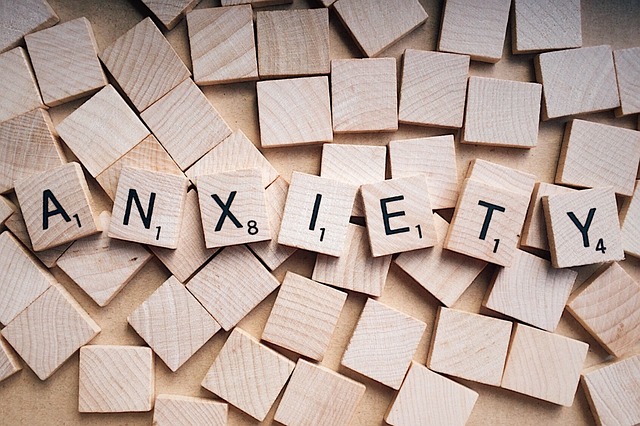The Importance of Vaccinations for Pets is a crucial aspect of pet care that should not be overlooked. Keeping your furry friend healthy and protected from diseases is essential, but it’s equally important to recognize the signs of anxiety and stress in pets. In this article, we will delve into the world of managing pet anxiety and stress, providing you with valuable tips and advice on how to create a more peaceful and comfortable environment for your beloved companion.
Managing pet anxiety and stress is crucial for maintaining their overall well-being and quality of life. Just like humans, animals can experience stress and anxiety due to various reasons such as changes in their environment, social interactions, or even medical issues. Recognizing the signs of anxiety and stress in pets is essential to provide them with the necessary care and attention.
Here are some key points related to managing pet anxiety and stress:
1. **Observe Your Pet’s Behavior**: The first step in managing pet anxiety and stress is to observe your pet’s behavior. Look for signs such as panting, pacing, or hiding. These behaviors can indicate that your pet is feeling anxious or stressed.
2. **Provide a Safe Space**: Create a safe space for your pet where they can retreat when feeling anxious or stressed. This could be a cozy corner in their bed or a designated area with familiar objects and comfort items.
3. **Maintain a Consistent Routine**: Establishing a consistent routine helps pets feel secure and reduces anxiety. Regular feeding times, playtime, and sleep schedules are all beneficial for maintaining your pet’s mental health.
4. **Exercise and Physical Activity**: Exercise is essential for both physical and mental well-being. Engage your pet in activities such as walking, running, or playing fetch to reduce stress and anxiety.
5. **Mental Stimulation**: Mental stimulation is vital for keeping pets engaged and reducing boredom-related stress. Provide puzzle toys filled with treats or engage them in interactive games like hide-and-seek.
6. **Veterinary Care**: If your pet is experiencing persistent anxiety or stress, consult with a veterinarian to rule out any underlying medical issues.
7. **Positive Reinforcement Training**: Positive reinforcement training techniques can help build trust and confidence between you and your pet, reducing anxiety and stress.
8. **Socialization**: Socialization is crucial for pets that are prone to anxiety and stress. Gradually introduce them to new environments, people, and animals to help them become confident in their surroundings.
9. **Desensitization Techniques**: Desensitization techniques can be used to gradually expose your pet to stimuli that cause them distress, helping them become more comfortable and relaxed.
10. **Seek Professional Help**: If you’re struggling to manage your pet’s anxiety and stress, seek professional help from a certified animal behaviorist or a veterinarian for personalized guidance.
Managing pet anxiety and stress requires patience, understanding, and the right approach. By following these tips and consulting with professionals when necessary, you can create a more peaceful and comfortable environment for your beloved companion.
In conclusion, managing pet anxiety and stress is crucial for maintaining their overall well-being and quality of life. By recognizing the signs of anxiety and stress in pets, providing them with a safe space, maintaining a consistent routine, exercising them regularly, and seeking professional help when necessary, you can create a more peaceful and comfortable environment for your pet.
tags: Pet Anxiety, Managing Stress, Animal Behavior, Veterinary Care, Positive Reinforcement Training, Desensitization Techniques
